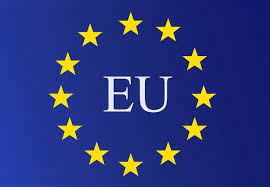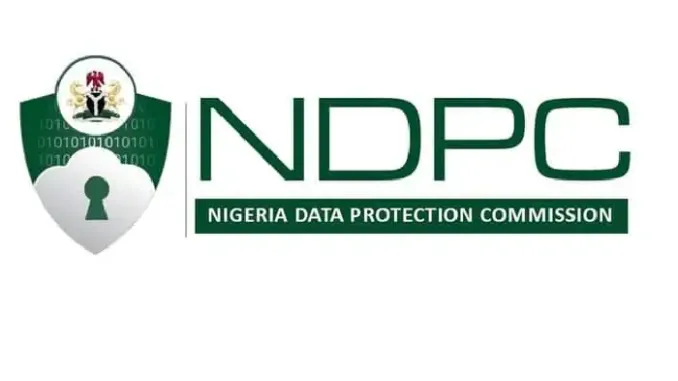Abuja, Sept. 16, 2024 – President Bola Tinubu has reaffirmed his commitment to building a robust infrastructure for efficient digital identity management.
He said a robust Digital Public Infrastructure (DPI) would facilitate efficient digital identity management for all Nigerians to access services.
The president, who was represented by the Secretary to the Federation, George Akume, said this on Monday at the 6th National Identity Day.
He also stressed the critical role of digital identity in national development.
The event, with the theme “Digital Public Infrastructure (DPI) – Enabling Access to Services”, was organised by National Identity Management Commission (NIMC).
Tinubu described DPI as the backbone that enabled access to essential services, including healthcare, education, and financial inclusion.
“In today’s digital age, the ability to prove one’s identity is not merely a matter of convenience; it is a fundamental cornerstone of our socioeconomic progress.
“Digital Public Infrastructure (DPI) is the backbone that enables access to essential services, including healthcare, education, financial inclusion, and social welfare.
“It is through robust DPI that we can ensure every Nigerian, regardless of their background or location has the opportunity to participate fully in our nation’s growth and development.”
Tinubu highlighted the importance of efficient digital identity systems in streamlining service delivery and ensuring government programmes reached those who need them most.
“The ‘Renewed Hope’ initiative represents our commitment to fostering sustainable development and enhancing the living standards of all Nigerians.
“Digital identity is a vital enabler of this vision, as it empowers individuals, facilitates economic transactions, and enhances transparency and accountability in governance.
“Harnessing a robust digital identity system, we can build a more inclusive and prosperous Nigeria.”
Olubunmi Tunji-Ojo, the Minister of Interior, stressed the importance of getting identity right to protect citizens and provide basic amenities.
“If you fail to accurately identify individuals, you cannot protect those you do not know.
“That is the reality. You cannot provide for those you do not know, and to do so, you must establish accurate identities.
“You must get the Evidence of Identity (EOI) right. Identity forms the foundation, the genesis, and the starting point for development.”
Abisoye Coker-Odusote, the Director General of NIMC, highlighted the significance of DPI in facilitating access to public and private services and driving economic development.
“The role of Digital Public Infrastructure (DPI) has become vital to Nigeria’s economic development, providing a framework that connects citizens to essential services, including social welfare, healthcare, education, and financial inclusion.
“Leading this transformation is the National Identity Management Commission (NIMC), responsible for the National Identification Number (NIN), which has successfully enrolled more than 110 million Nigerians. “This achievement presents a unique opportunity for integrating the remaining two pillars of DPI – data exchange and payment – with foundational identity, facilitating effective development and adoption.”





